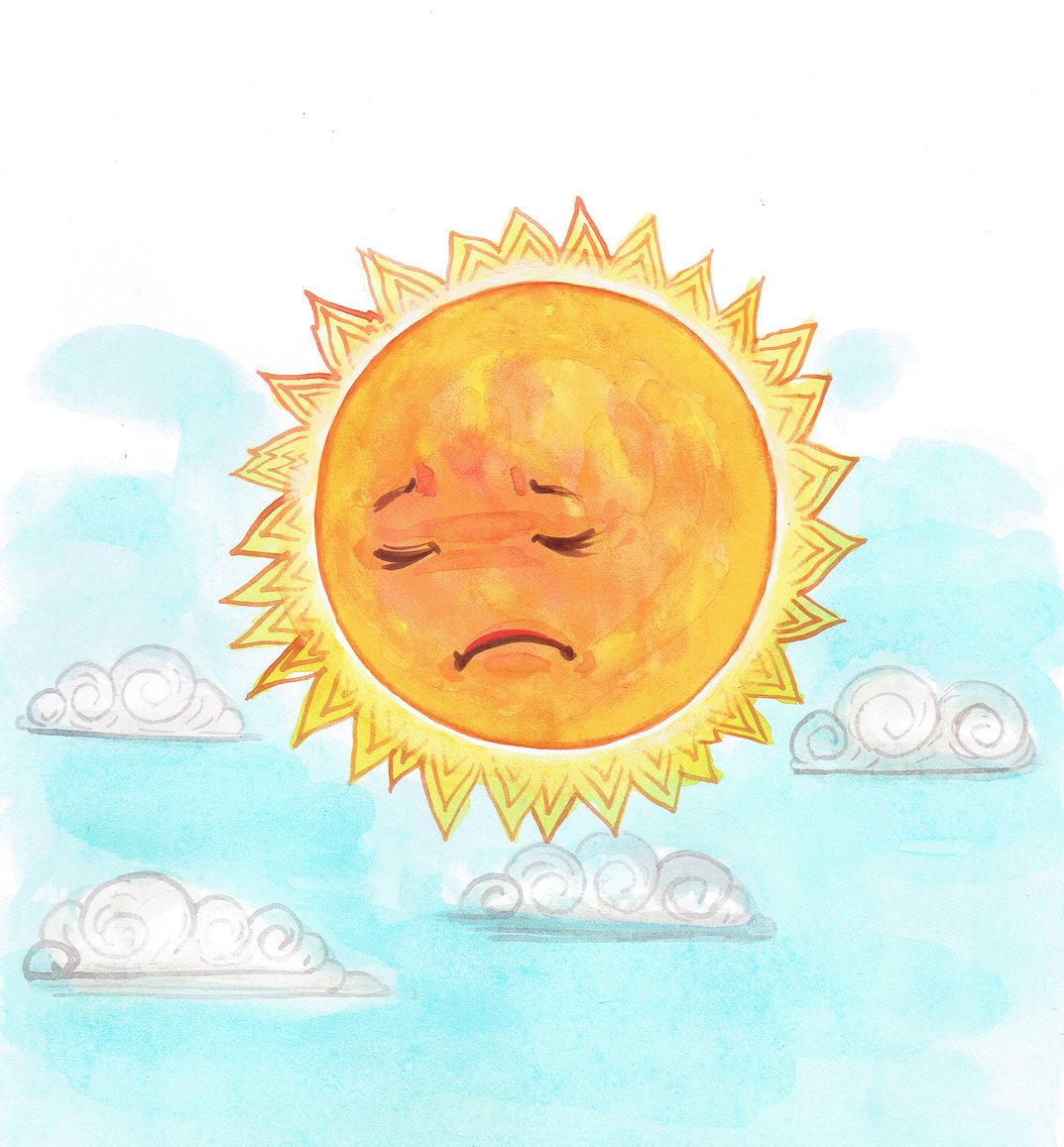
Should members of the community who have been alerted to "shelter in place" be required to submit an open records request to obtain details about the chemical spills that prompted the alert?
Following an August 5 chemical release in Louisville’s Rubbertown corridor, Courier Journal environmental staff writer Connor Griffin reported on deficiencies in the Louisville Emergency Notification System, or LENSAlerts, "a primary line of official emergency communications for the city and surrounding counties."
https://www.courier-journal.com/story/news/local/2023/08/28/at-risk-are…
Griffin reported:
"LENSAlerts on chemical spills or hazardous material incidents do not identify the chemicals in question, leaving concerned residents to search social media, local news, or investigate for themselves.
"Eboni Cochran, co-director of the grassroots Rubbertown Emergency ACTion group and Chickasaw resident, went to the Air Pollution Control District and asked where she could find more documentation to understand what had happened. They told her she needed to file a request under Kentucky's open records law."
Cochran expressed understandable frustration.
"I don’t think these should be open record requests. I think that if you’re putting my life in danger, if you’re putting the lives of community members in danger, they shouldn’t have to go through a whole process in order to gather documents. The community has a right to know what they’re being exposed to and in what quantities."
Cochran's point is well taken.
In the early days of Kentucky's open records law, the Attorney General wrote:
"It is contrary to the letter and spirit of the open records law for an agency to make it more difficult to inspect a public record than it was before the open records law was enacted.
"Records which are easily described and readily available should not be temporarily withheld from inspection by red tape under the pretence of complying with the open records law. Even before the open records law such records as deeds, mortgages and tax records were open to the public. Their availability should be no more restricted than is necessary to safeguard the records." OAG 76-588.
In the case of a threat to public health, such as the August 5 chemical release and its aftermath, public agencies should not only accommodate concerned community members seeking answers, they should go one step further by making affirmative, proactive, and voluntary public disclosure of records in their custody.
All open records bets should be off if lives have been, or are, imperiled and a public agency can provide full and accurate information aimed at dispelling rumor and suspicion. Why should these community members be forced to suffer the frustrations, delays, and indignities of Louisville Metro's NextRequest?
But as a retired assistant attorney general, I recognize the value of putting public records requests in writing.
The open records law states that "[t]he official custodian may require a written application, signed by the applicant and with his or her name printed legibly on the application, describing the records to be inspected." In virtually all cases, I have found, the requester is well-advised to submit a written request to the public agency and to keep a copy for future use.
https://apps.legislature.ky.gov/law/statutes/statute.aspx?id=51391
A written open records request preserves the requester's rights and verifies the public agency's duties. Should a dispute arise, the written request provides proof of what the requester asked for and — if dated and emailed or hand delivered on the same day — when the agency's five business day response time began.
If the dispute with the agency cannot be resolved, requesters must have copies of their written requests in order to file open records appeals. The open records law requires requesters to provide the Attorney General with a copy of their requests. The Attorney General cannot review their appeals without a copy of the written request.
https://apps.legislature.ky.gov/law/statutes/statute.aspx?id=23065
https://apps.legislature.ky.gov/law/kar/titles/040/001/030/
The bureaucratic indifference demonstrated by the Air Pollution Control District that Eboni Cochran described -- in the aftermath of the August 5 chemical release -- warrants a revision in agency policy aimed at full, accurate, and immediate proactive disclosure of pertinent records and information. But it generally behooves members of the community seeking information about the agencies that serve them -- through public records requests -- to put their requests in writing and avoid the "he said she said" that so often accompanies open records disputes.


